- Bina Rumah Batu-Bata
- Zero Deposit
- Spesifikasi Rumah
- Lokasi Projek
- Pembiayaan LPPSA
- Garis Panduan LPPSA (Rasmi)
- Soalan Lazim LPPSA
- E-Book LPPSA (Download)
- 1. Apa itu LPPSA?
- 2. Kelebihan LPPSA
- 3. Syarat Kelayakan
- 4. Jenis-Jenis Pembiayaan
- Jenis 1 – Pembelian Rumah Kediaman Yang Telah Siap
- Jenis 2 – Membina Rumah Di Atas Tanah Sendiri
- Jenis 3 – Membeli Rumah Kediaman Yang Sedang Dibina
- Jenis 4 – Pembelian Tanah Bagi Pembinaan Rumah
- Jenis 5 – Melunaskan Keseluruhan/ Sebahagian Pinjaman Sedia Ada Daripada Bank/ Institusi Kewangan
- Jenis 6 – Pembinaan Rumah Kediaman Di Atas Tanah Yang Sedang Dibiayai Oleh BPP/ LPPSA
- Jenis 7 – Ubah Suai Rumah Yang Sedang Atau Telah Selesai Bayar Melalui LPPSA
- 5. Semak Kelayakan LPPSA
- 6. Dokumen Yang Diperlukan
- 7. Insurans/ Takaful LPPSA
- 8. Kos Yuran Guaman
- 9. BONUS: Bina Rumah
- Pembiayaan Koperasi
- Pengeluaran KWSP
- Bayaran Tunai
- Kalkulator
Why Nailing Your Construction Budget is Better Than Winning the Lottery | RumahHQ
Imagine for a moment that you’ve just woken up to the news that you’ve hit the jackpot – yes, you’ve won the lottery! Excitement, dreams of luxury vacations, and that sleek new car fill your mind. But wait a minute. Have you ever thought about what it truly means to manage a budget, especially in construction? You might be surprised to learn that getting a grip on your construction budget could be way more beneficial than that one-time windfall. In this article, we’ll explore why nailing your construction budget is not just smart—it’s vital for achieving your dream home or project. Forget the fleeting thrill of money falling from the sky; let’s dive into the solid, lasting advantages of planning, prioritizing, and sticking to your financial plan in the vibrant Malaysian construction landscape. Ready? Let’s break it down!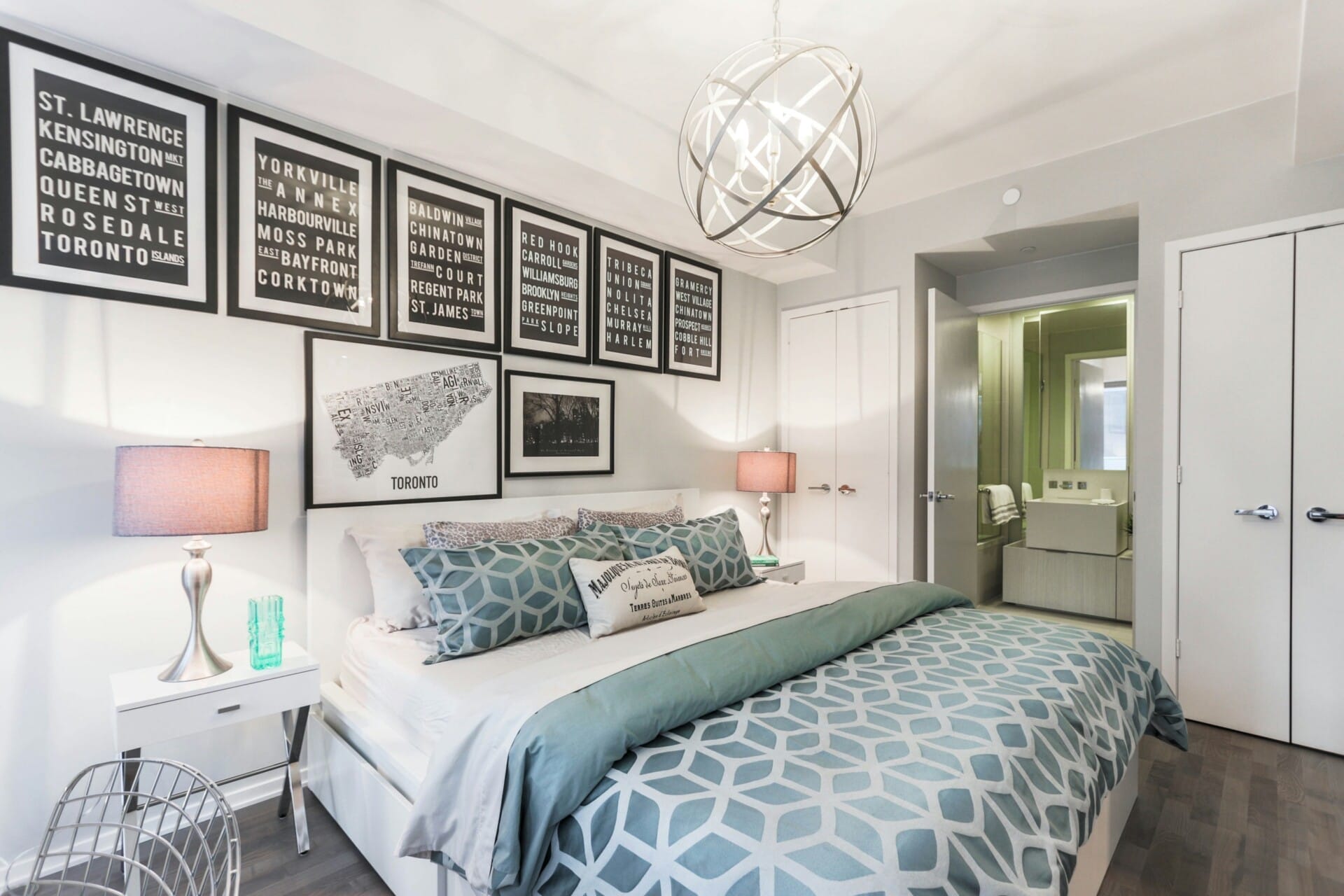
Understanding the True Costs of Construction Projects
When diving into the world of construction projects, many people are often blindsided by the apparent glamour and excitement of building something new. However, amidst the thrill, it’s crucial to keep a clear head about what your budget really entails. The true costs of construction extend far beyond just the initial estimates. Consider not just the price of materials and labor, but also the often-overlooked expenses such as permits, inspections, and even landscaping. These are the costs that can gradually inflate your budget if not anticipated correctly.
Another essential aspect to keep in mind when planning your budget is the potential for unexpected delays. These can come from various sources: weather fluctuations, supply chain disruptions, or even labor shortages. Being prepared for these possibilities can save you from the stress of financial strain later on. Let’s break it down further:
| Common Unexpected Costs | Estimated Impact on Budget |
|---|---|
| Permit Delays | +10-15% |
| Labor Shortages | +5-20% |
| Material Price Hikes | +5-30% |
| Unforeseen Site Issues | +10-25% |
In short, when it comes to nailing down your construction budget, visualization of all these facets provides clarity. Having a precise understanding of what your project will demand can empower you to avoid common pitfalls and miscalculations. Remember, a well-planned budget can mean the difference between a successful project and one that spirals out of control. It’s all about staying informed, flexible, and above all, realistic about your financial potential.

The Psychology of Financial Stability Over Windfalls
When we talk about financial security, many folks dream of that big lottery win. But the truth is, having a steady construction budget and sticking to it gives you more than just a temporary monetary boost. It offers a sense of control, while a sudden windfall can lead to impulsive choices. Instead of being swayed by every flashy ad or trendy gadget, a well-planned budget keeps your financial goals on track and helps you weather unexpected expenses.
Moreover, the psychology behind consistent saving and budgeting fosters a healthy mindset towards money management. When you allocate funds for specific purposes, you develop habits that encourage thriftiness and foresight, such as:
- Prioritizing needs over wants
- Setting realistic financial goals
- Building an emergency fund
This discipline turns spending from a compulsive act into a thoughtful decision, paving the way for long-term stability rather than short-lived splurges.
Lastly, sticking to your budget often leads to an empowered financial identity. You become more aware of your spending patterns, which grants you the confidence to make sustainable choices. In contrast, lottery winners may experience what’s known as “lottery curse,” where the sudden influx of cash leads to feelings of isolation and anxiety. Fostering a financially stable approach can open doors to genuine happiness, where you can enjoy life without the burdens that come with financial mismanagement. Here’s a simple comparison:
| Aspect | Financial Stability | Windfall Winner |
|---|---|---|
| Control Over Finances | High | Variable |
| Financial Awareness | Consistent | Often Lacking |
| Long-term Wealth | Sustainable | Fleeting |

Building a Solid Budget: Key Components to Consider
When diving into the world of construction, a solid budget acts as your blueprint for success. Unlike a windfall from the lottery, which can vanish in an instant, a well-built budget gives you lasting control over your finances. It ensures you allocate resources wisely, covering everything from materials to labor costs without falling into the trap of overspending. Remember that accounting for potential contingencies can save you from unexpected troubles down the road.
Start by breaking down your project into specific segments. Consider including the following essentials in your budget:
- Materials: Always get multiple quotes and don’t forget to factor in shipping costs.
- Labor: Know the going rates for skilled and unskilled workers in your area, and consider whether you’ll use subcontractors.
- Permits and Fees: Local regulations can come with a hefty price, so it’s worth researching early on.
- Contingency Funds: Aim to set aside 10-15% of your total budget for those little surprises that pop up.
To keep everything organized, it can be helpful to lay out your estimated costs vs. actual costs in a simple table. That way, you can monitor your spending and make adjustments as needed without any hiccups. Here’s a quick snapshot:
| Item | Estimated Cost (RM) | Actual Cost (RM) |
|---|---|---|
| Materials | 5,000 | 4,800 |
| Labor | 3,500 | 3,700 |
| Permits | 800 | 750 |
| Contingency Fund | 1,000 | – |
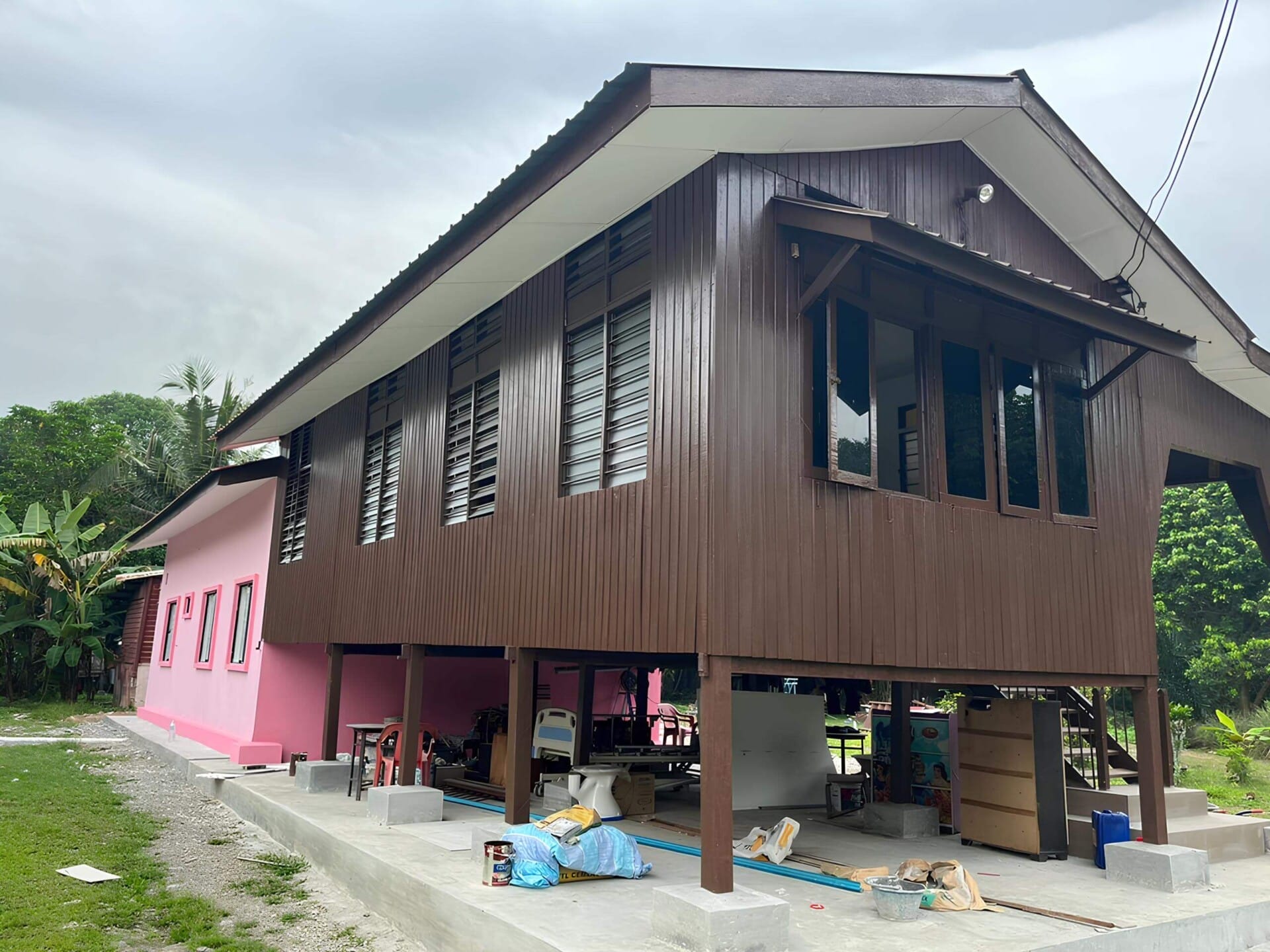
Avoiding Common Financial Pitfalls in Construction
In the construction industry, managing finances can be a tricky business. One of the biggest errors is underestimating project costs, which can lead to a funding gap once construction is underway. This can easily snowball into significant financial trouble. To avoid this, consider these fundamental tips:
- Detailed Planning: Break down every aspect of the project. Include labor, materials, permits, and unexpected expenses.
- Contingency Fund: Set aside a percentage of your budget as a safety net. A common rule is 10-15% of the total project cost.
- Regular Cost Reviews: Monitor your spending closely and compare it against your budget frequently to catch any deviations early.
The nature of construction projects means they often face delays and unexpected challenges. Issues such as supply chain disruptions or adverse weather conditions can inflate costs, making it essential to keep an eye on your finances at all times. Here’s a quick glance at potential hidden costs that can creep up on you:
| Type of Cost | Possible Impact |
|---|---|
| Permit Fees | Can increase significantly if not budgeted or if changes are needed. |
| Labor Costs | Unforeseen delays can lead to extended labor hours and increased payments. |
| Material Prices | Fluctuations can alter overall costs drastically if not accounted for. |
Managing cash flow is another essential aspect. The timing of expenses versus income can determine the success of your project. This is where a good financial strategy makes all the difference. Remember, construction rarely happens in a straight line. Therefore, it’s vital to focus on:
- Invoice Management: Ensure that payments are collected promptly to maintain positive cash flow.
- Payment Schedules: Create a timeline for payments tied to project milestones to avoid bottlenecks.
- Clear Contracts: Specify payment terms in your contracts to prevent misunderstandings.
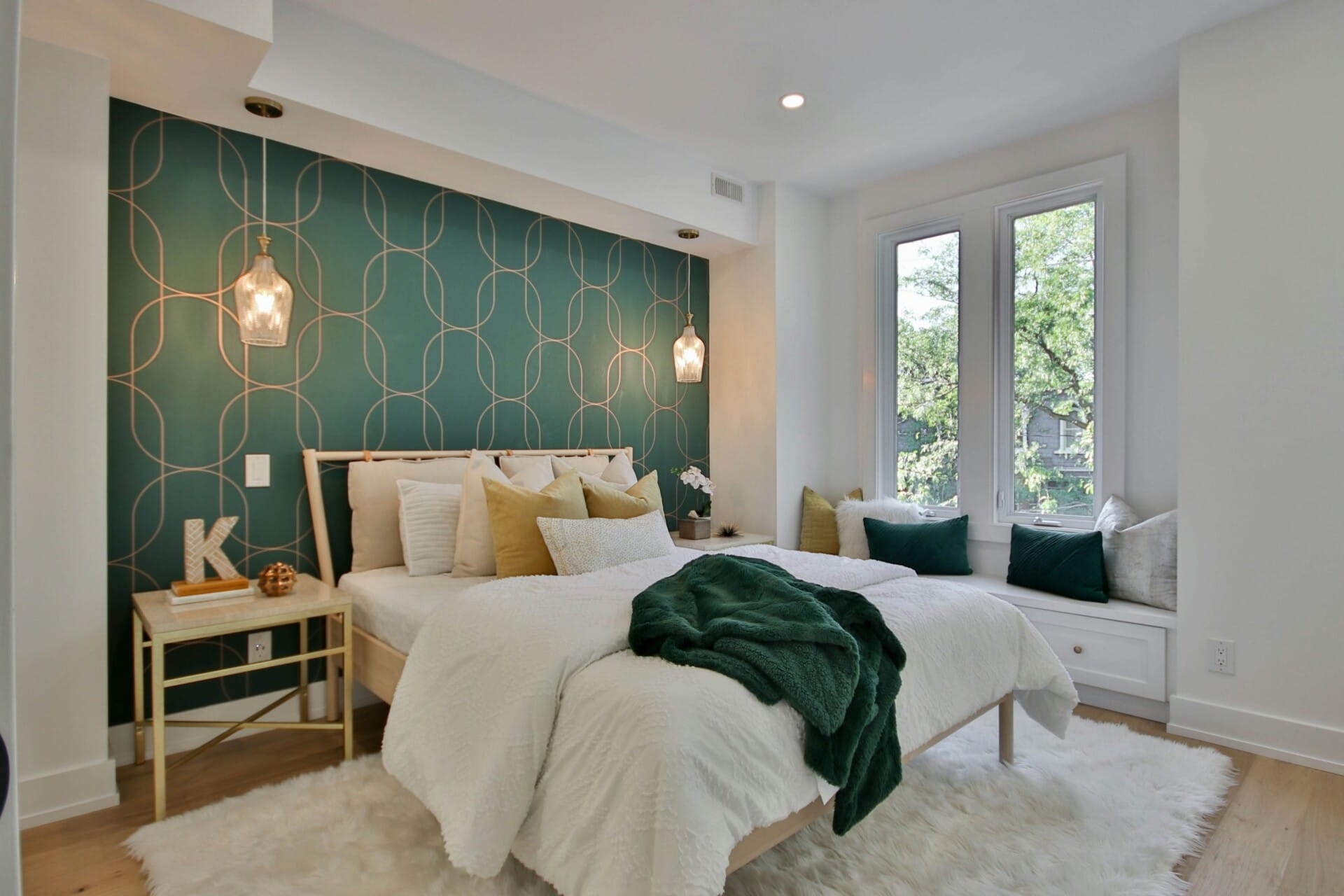
The Long-Term Benefits of a Well-Planned Budget
When you take the time to craft a well-thought-out budget for your construction project, you’re not just locking in your expenses for a single venture; you’re actually laying the groundwork for long-lasting financial stability. A well-planned budget helps you prioritize your needs versus wants, allowing you to allocate funds more effectively. This means you’ll have a better handle on immediate costs while also paving the way for future projects that might align with your vision. Just think of it as building a strong foundation for your financial home!
One of the immense benefits of sticking to your budget over time is the ability to track spending patterns and make informed decisions. When you’ve mapped everything out, you can spot opportunities for savings or identify areas where you’re overspending. This ongoing evaluation helps you hone your financial literacy skills, ensuring that future budgets will reflect even better accuracy and efficiency. Over time, you’ll notice that you can anticipate costs more effectively, which essentially transforms budgeting from a daunting task into a strategic game plan.
Moreover, a budget provides a safety net that extends beyond just managing costs. By cultivating a culture of financial discipline, you’re not only preparing your finances for the present but also fortifying them against leaner times ahead. Here are some long-term benefits you can reap:
- Increased savings: With a budget, you can consistently set aside funds for emergencies or larger projects.
- Enhanced decision-making: Confidence grows as you learn to navigate financial choices with clarity.
- Better investments: Funds that aren’t tied up in overspending can flow toward lucrative opportunities.
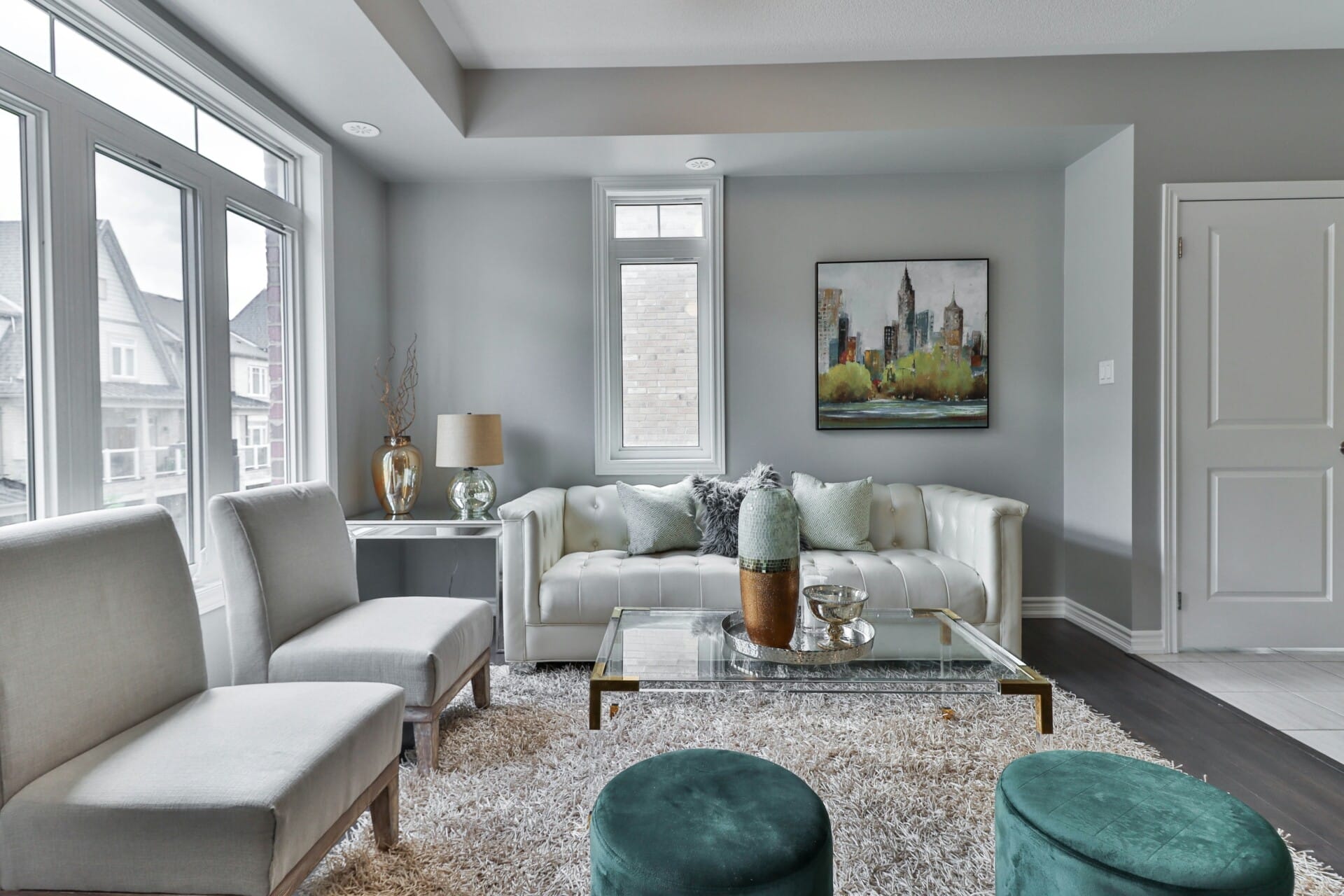
Lessons from Lottery Winners: Why Instant Wealth Can Backfire
Winning the lottery might seem like a dream come true, but for many, it quickly turns into a nightmare. The sudden influx of wealth can overwhelm winners, leading to poor financial decisions. Many find themselves unprepared for the lifestyle changes that come with having instant money. It’s not just about hitting a jackpot; it’s about managing what comes next. Sifting through unexpected challenges, such as friends and family asking for money or the pressure to invest wisely, often catches these winners off guard.
Furthermore, the emotional strain of sudden wealth can take a toll. Many lottery winners report feelings of isolation, anxiety, and even guilt. They might struggle with the idea that their wealth has changed their relationships. With newfound wealth, the pressure to maintain a lavish lifestyle can lead to excessive spending, resulting in financial instability. To illustrate this point, here’s a small comparison of potential downfalls:
| Reaction | Outcome |
|---|---|
| Spending lavishly | Debt in a few years |
| Ignoring financial advice | Poor investment decisions |
| Being overwhelmed by attention | Strain on personal relationships |
In contrast, managing a construction budget requires patience, planning, and strategic thinking—traits that often ensure long-term stability. When you meticulously plan your expenses, you equip yourself with the tools necessary to handle financial ups and downs. Although it may take longer to see the rewards, the peace of mind knowing you’re building your wealth thoughtfully is invaluable. Developing a clear budget fosters a sense of control, empowering you to make informed decisions that can safeguard your future.
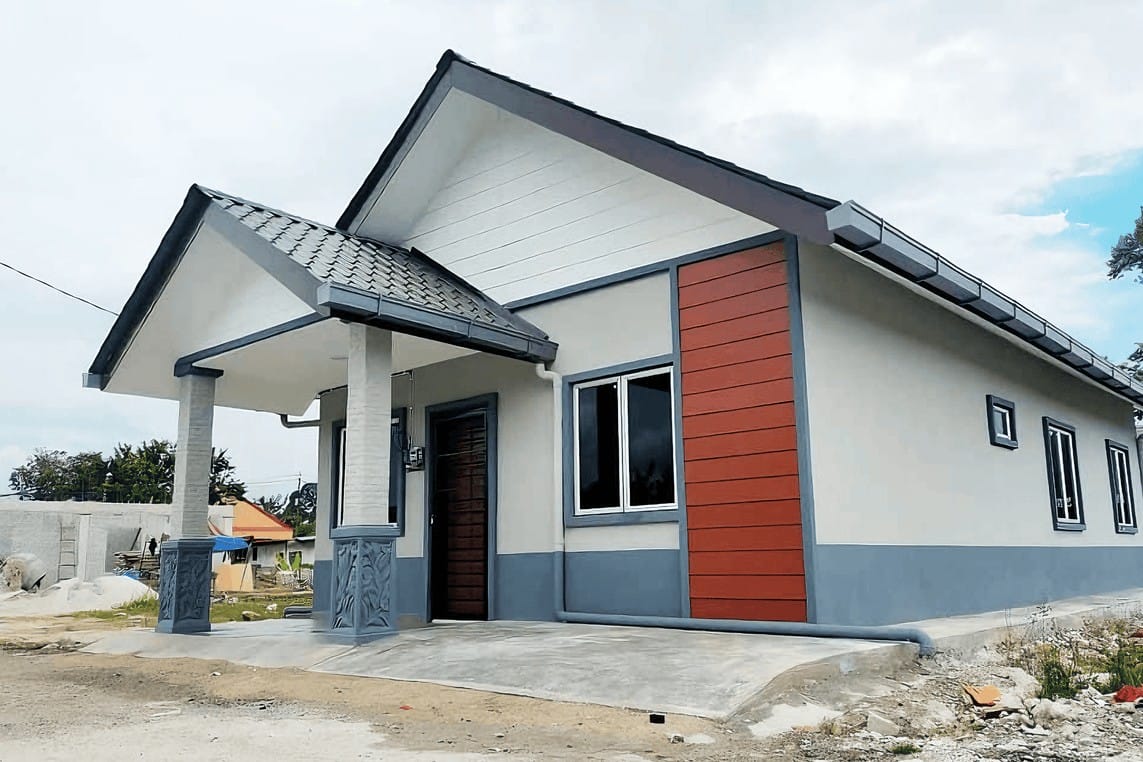
Strategies for Effective Budget Management in Construction
html
Effective budget management in construction is all about being proactive and strategic. One of the first steps is to develop a detailed project plan that outlines every aspect of the build—from labor costs to materials and everything in between. Rather than simply estimating costs, create a comprehensive breakdown that covers:
- Material Expenses: Be specific about the type and quantity of materials needed.
- Labor Costs: Calculate man-hours accurately and consider any specialized skills required.
- Permits and Fees: Factor in local regulations that might affect your budget.
Next up is the importance of continuous monitoring against your budget. Establishing a routine for checking expenditures can help detect any discrepancies before they spiral out of control. Set up regular review meetings with your team to assess:
- Actual vs. Budgeted Spending: Are you on track or facing overruns?
- Forecasting Future Costs: Use historical data to anticipate upcoming expenses.
- Risk Management: Identify potential risks and their impact on your budget.
Lastly, embrace the power of technology. With advancements in construction management software, you can automate many budgeting tasks. Utilizing tools can give you real-time insights into your financials, leading to more informed decisions. Consider investing in:
Tool
Benefits
Project Management Software
Centralizes project data and tracks budgets efficiently.
Estimation Tools
Provides accurate cost predictions based on various factors.
Collaboration Platforms
Improves communication among stakeholders, reducing errors.
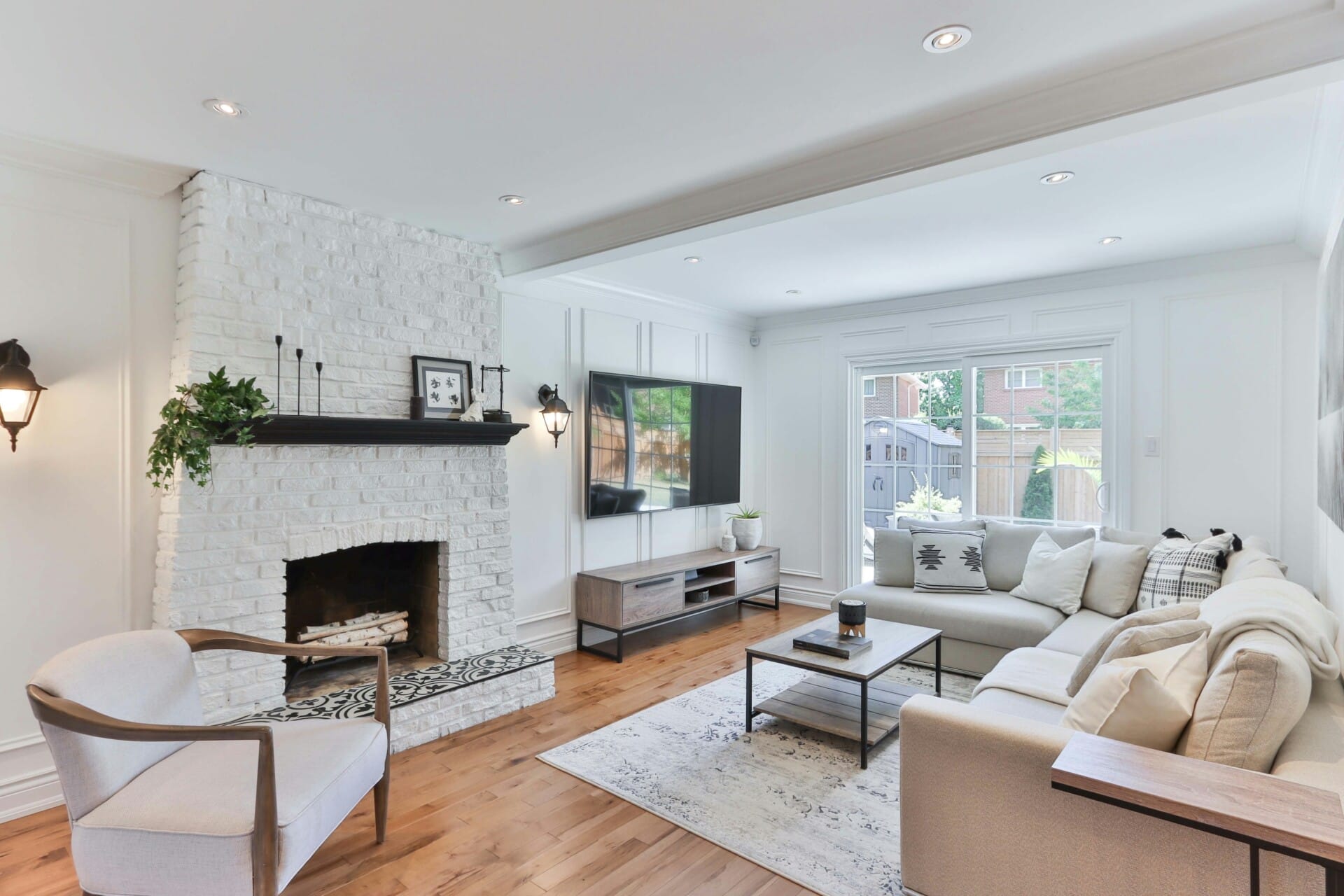
Transforming Ideas into Reality: The Value of Financial Discipline
When it comes to making your construction dreams a reality, financial discipline is your best friend. Rather than relying on the unpredictable luck of a lottery win, sticking to a well-planned budget gives you control and direction. Think of financial discipline as your compass, guiding you through the maze of expenses, materials, and unexpected bumps along the road. With it, you can:
- Prioritize Your Needs: Identifying what’s essential versus what’s nice to have helps keep your project on track.
- Spot Cost Overruns Early: Regular audits of your budget can highlight areas where you’re spending more than expected.
- Enhance Negotiation Skills: A clear understanding of your budget helps you negotiate better deals with contractors and suppliers.
Creating a straightforward budget isn’t just about numbers; it’s about crafting a roadmap for your project. Consider using a simple table to outline your projected versus actual costs. This way, you can visually track how your spending aligns with your budget and make necessary adjustments to stay on course.
| Category | Projected Cost (RM) | Actual Cost (RM) |
|---|---|---|
| Materials | 20,000 | 18,500 |
| Labor | 15,000 | 16,000 |
| Permits | 2,500 | 2,000 |
| Contingency | 5,000 | 4,200 |
By embracing this approach, you’re not just preparing for the financial aspect of construction; you’re cultivating a mindset that values planning and foresight over luck. The peace of mind that comes from knowing you have a backup plan when things don’t go as expected is worth more than any lottery winnings. With every satisfied contractor and well-placed beam, you reinforce the idea that financial discipline is the real jackpot in construction.
To Conclude
while it may be tempting to daydream about hitting the jackpot and living a carefree life, the truth is, mastering your construction budget offers far more satisfying rewards in the long run. Think about it: with a solid budget, you’re not just building a structure; you’re laying the foundation for your dreams, be it a cozy family home, a vibrant office space, or whatever else you envision.
Budgeting gives you control. It teaches you discipline and helps you make smarter, more informed choices. Plus, unlike lottery winnings, the benefits of a well-planned budget last way longer than that fleeting moment of luck. So, as you embark on your construction journey, remember: it’s not about leaving it all to chance; it’s about embracing the process and watching your vision come to life.
So, next time you catch yourself daydreaming about winning big, consider how much more fulfilling it is to invest time and effort into your budget. You might just find that nailing your construction budget feels a whole lot better than winning the lottery after all. Happy building!
Source link
kontraktor rumah
bina rumah
pinjaman lppsa
pengeluaran kwsp
spesifikasi rumah
rumah batu-bata
pelan rumah
rekabentuk rumah
bina rumah atas tanah sendiri
kontraktor rumah selangor
rumah banglo



